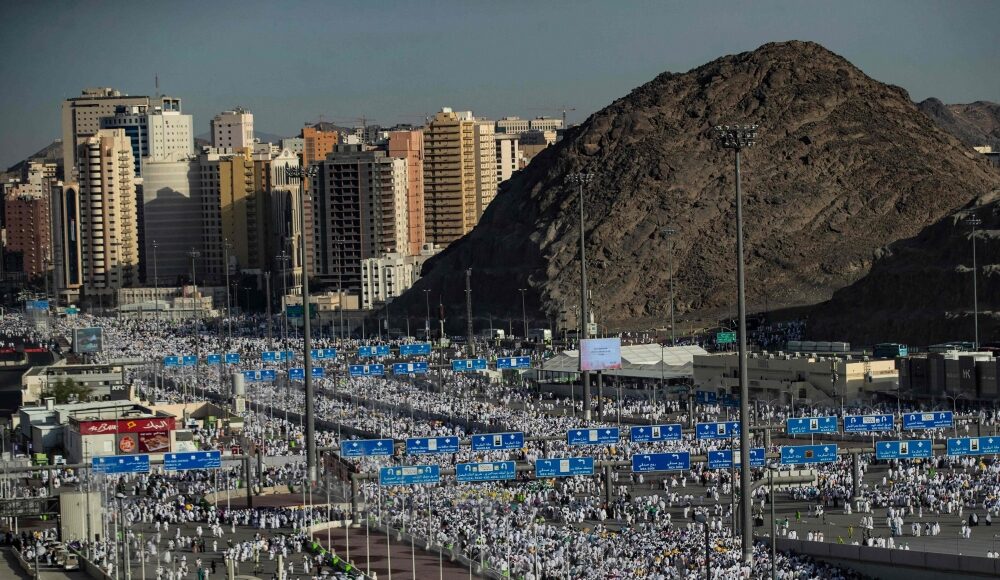JUNE 14 — We were back in the blessed city of Makkah after mid-day on Monday (June 9, Dzulhijjah13) having completed the last “stoning of the devil” in the early morning.
What remained were the rites of tawaf (circling the Kaabah seven times) and sa’i (walking back and forth between the hills of Safa and Marwah seven times) to complete the Hajj, before we were fully released from the restrictions of ihram.
But our health conditions were not permissive to complete the rites.
We had to rest for two days and in the morning of Wednesday (June 11), by the blessings of Allah SWT we finally completed the Hajj.
The slow one kilometre walk back to our hotel was full of reflections but under immense gratitude for the blessings of having completed the last pillar of Islam.
After yet another rest, I thought it was time for a check with the doctor. As soon as I met the male Tabung Haji (TH) doctor, complaining of my cough, running nose and fever, I was told that I needed to be admitted because my oxygen level was low.
Normal blood oxygen saturation (SpO2) levels, measured by a pulse oximeter, are typically between 95 and 100 per cent. Values below 90 per cent are considered low and may indicate a need for medical attention.
Thousands of Muslim pilgrims make their way across the valley of Mina, near Mecca in western Saudi Arabia, to perform the ‘stoning of the devil’ ritual during the annual Haj. ― AFP pic
As medical staff of TH prepared me for the trip to King Abdul Aziz Hospital (KAAH), which was a mere three kilometres away from the hotel, I could only inform my wife and hotel room mates of my impending admission to the hospital.
Accompanied by a female TH doctor, I was wheelchaired into a waiting ambulance. Before long, we reached the KAAH. First to the emergency ward, then the male medical ward.
At the medical ward, I was attended to by the same nurse at the emergency ward, and then by a doctor who told me I had a chest infection – that explained the low SpO2. I was given antibiotics intravenously.
The first night in the two-bed ward was uneventful. It was much like a two-bed ward in a private hospital back home.
The next morning I was sent for an ultra sound. By mid-day, I was getting more restless and I asked when I could be discharged as when asked by medical staff of the hospital, I said I did not feel shortness of breath despite the coughing that did not recede.
The second night was uneventful too, with added prayers that I would be discharged, soon.
As the third day grew, there was an air of anticipation. When the senior doctor with her two trainee doctors (a scene I have seen back home when my wife and children were warded) walked in, I was ready with crossed fingers.
The female senior doctor said, in good English:
“Haji, you have pneumonia. But it’s good that you have completed the Hajj. So, you don’t have to rush things. Take a good rest. Do what you wish to do after the rest. But rest, please.”
The words above inspired me to share. It reminds me of a hadith where it was narrated by Abu Hurairah (ra) that the Prophet Muhammad (pbuh) said:
“Be moderate and adhere to moderation, for there is no one among you who will be saved by his deeds.” The companions said: “Not even you, O Messenger of Allah?” He said: “Not even me. Unless Allah encompasses me with mercy and grace from Him.”
The hadith is sahih (authentic/sound). (Sunan Ibn Majah 4201)
So, I shall rest and not rush into prayers and worships even in this blessed city.
Do things in moderation, even in prayers and worships.
* This is the personal opinion of the writer or publication and does not necessarily represent the views of Malay Mail.





